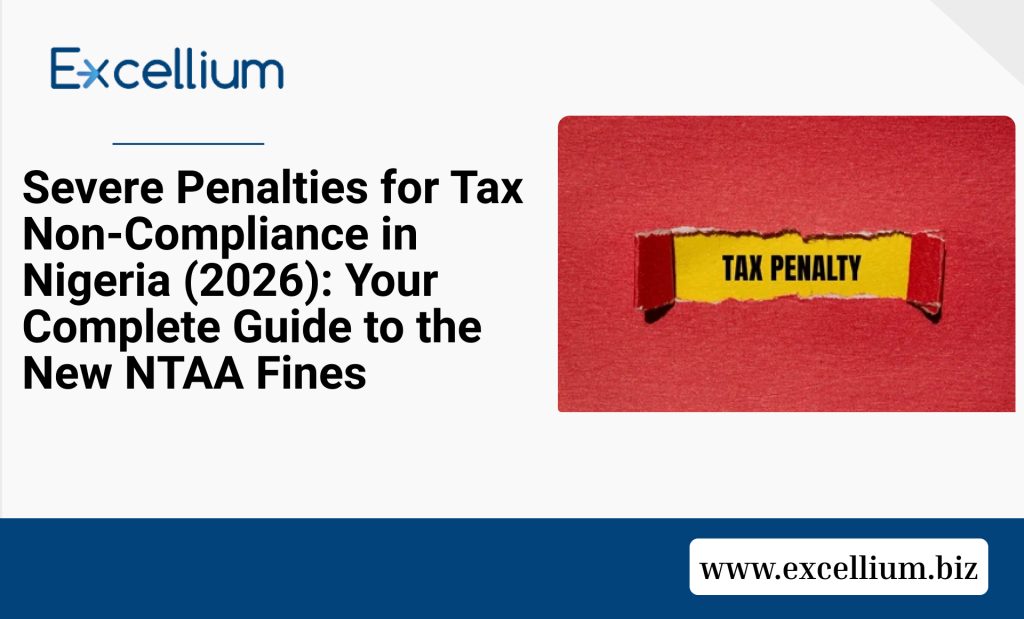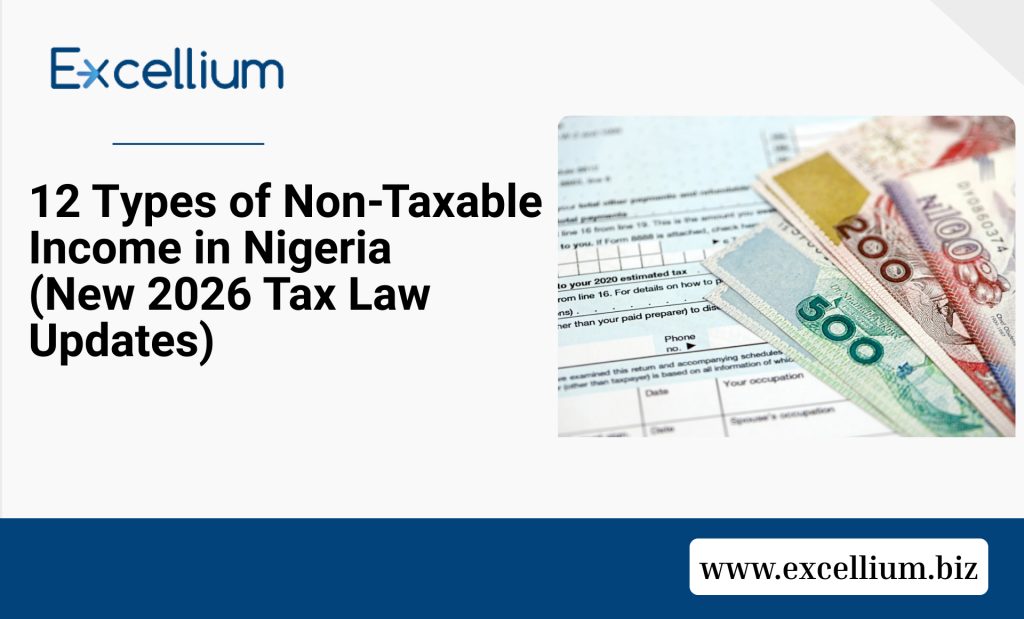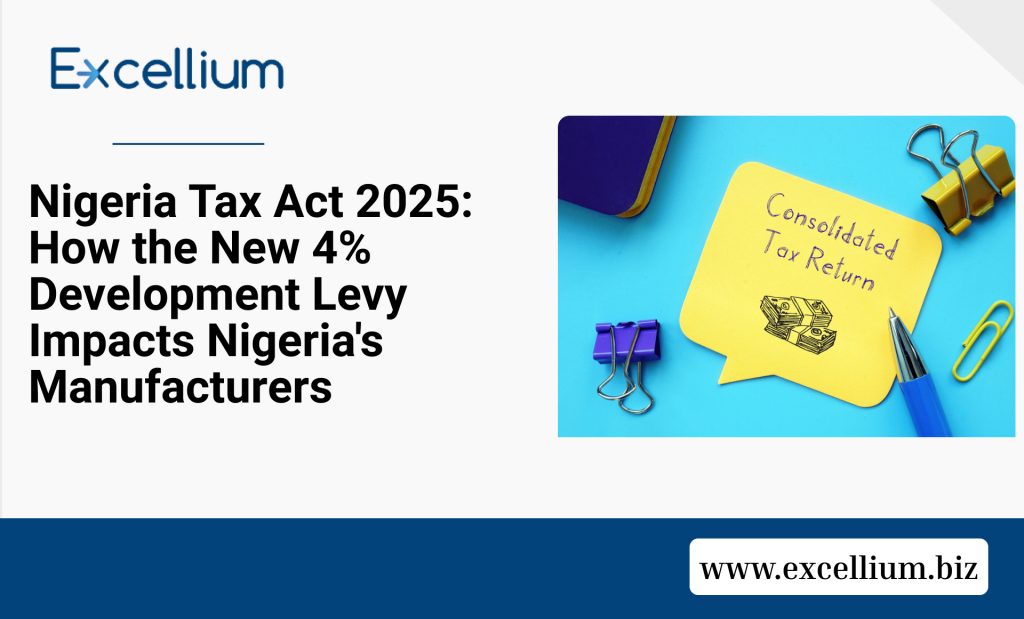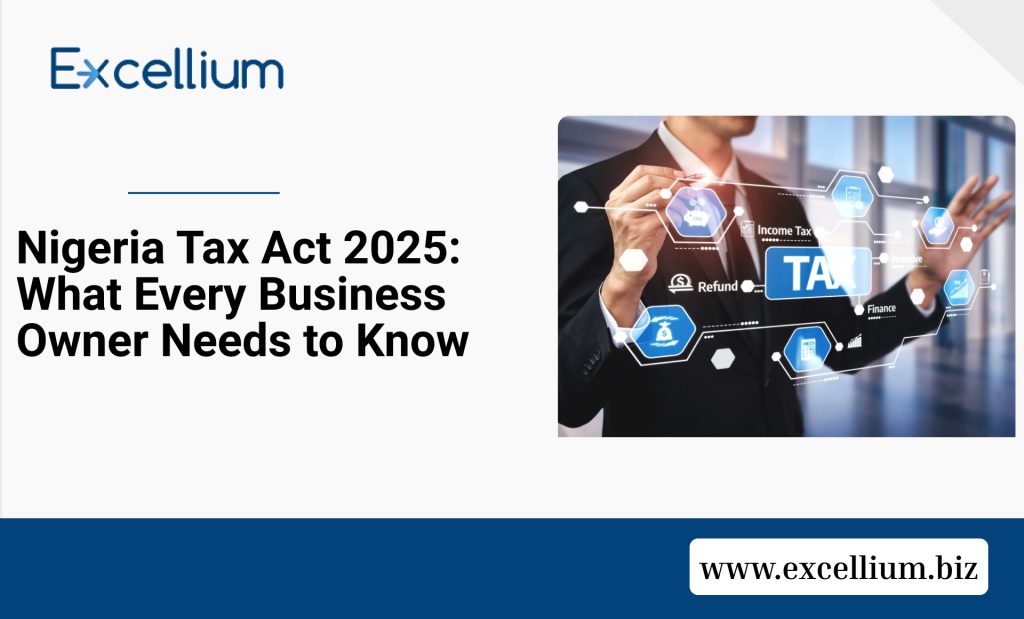Winning the 2026 Distribution Game: How Nigerian Wholesalers Can Turn Challenges into Growth
In 2026, the Nigerian distribution and wholesale sector is no longer just about moving boxes. Between the shift to the Nigeria Revenue Service (NRS), fluctuating fuel costs, and the rise of Agentic AI, the landscape has changed. At Excellium Business Limited, we help you move past traditional “paper-and-pen” logistics. This guide breaks down the biggest hurdles facing distributors today and shows you how to use Sage software to outpace the competition. The 4 Massive Challenges for Nigerian Distributors in 2026 1. Market Unpredictability (Fuel and FX) The cost of doing business has shifted. With fuel prices and exchange rates remaining volatile, profit margins for distributors are being squeezed between manufacturers and buyers. The Problem: If you don’t know the exact “landed cost” of your goods (including transport and duties), you might be selling at a loss without realizing it. 2. The “Stock-Out” vs. “Dead Stock” Trap In 2026, Nigerian consumers expect speed. If you are out of stock, they will find another supplier in seconds. The Problem: Many businesses either have too much money tied up in “dead stock” (items that won’t move) or suffer from “stock-outs” (missing sales because items are gone). 3. Mandatory Real-Time Compliance (NRSMBS) The era of manual invoicing is over. As of January 1, 2026, all VAT-registered businesses must use the Merchant-Buyer Solution (NRSMBS). The Problem: Every invoice must be validated by the NRS before it reaches your buyer. Manual systems simply cannot handle this speed without causing massive delivery delays. 4. The Talent Gap Finding and keeping skilled warehouse and finance staff is harder than ever. The Problem: Your best people shouldn’t be wasting hours on manual data entry or re-counting inventory. This leads to burnout and high turnover. Practical Solutions: How Sage Software Delivers Real-Time Benefits 1. Smart Stocking with Sage 300cloud Sage 300cloud is the global gold standard for distributors managing multiple locations. What it does: It provides Multi-Warehousing and Inventory Optimization. It tells you exactly what to reorder and when, based on actual sales trends rather than guesses. The Benefit: You free up cash flow by only stocking what moves, ensuring you never miss a sale due to an empty shelf. 2. Real-Time Invoicing with Sage 200 Evolution For growing SMEs, Sage 200 Evolution provides industrial-strength power at an affordable price. What it does: It features certified connectors that link your sales module directly to the NRS API. The Benefit: When you click “Print,” the invoice is automatically validated. Your delivery trucks aren’t held up at the gate waiting for paperwork—they are on the road, generating revenue. 3. Agentic AI: Your 24/7 Virtual Auditor In 2026, Sage introduces Agentic AI and GL Outlier Detection. What it does: This AI scans thousands of transactions in seconds to find errors, potential fraud, or price mismatches. The Benefit: It acts like an internal auditor that never sleeps. It catches “money leaks” in your supply chain before they affect your bottom line. 4. Mobile-First Logistics The 2026 workforce doesn’t want to be tied to a desk. Sage Business Cloud and mobile web screens allow your team to work from anywhere. What it does: Warehouse managers can scan barcodes and update stock levels using smartphones or tablets. The Benefit: Real-time data means your sales team in the field knows exactly what is available in the warehouse right now, allowing them to close deals faster. Why Partner with Excellium? Implementation is where most ERP projects fail. Statistics show an 85% success rate when working with certified software consultants versus trying to do it alone. At Excellium Business Limited, we bring over a decade of experience to the table.We don’t just “install” Sage; we: Map your real workflows: Including the “exceptions” that unique Nigerian logistics often face. Cleanse your data: Ensuring you don’t migrate “bad data” into your new, high-performance system. Ensure NRS readiness: Setting up your digital archive for the mandatory six-year retention period. Ready to Scale Your Distribution Business? Don’t let the 2026 reforms slow you down. Turn compliance into a competitive advantage with a system built for growth. Gget started – Excellium








